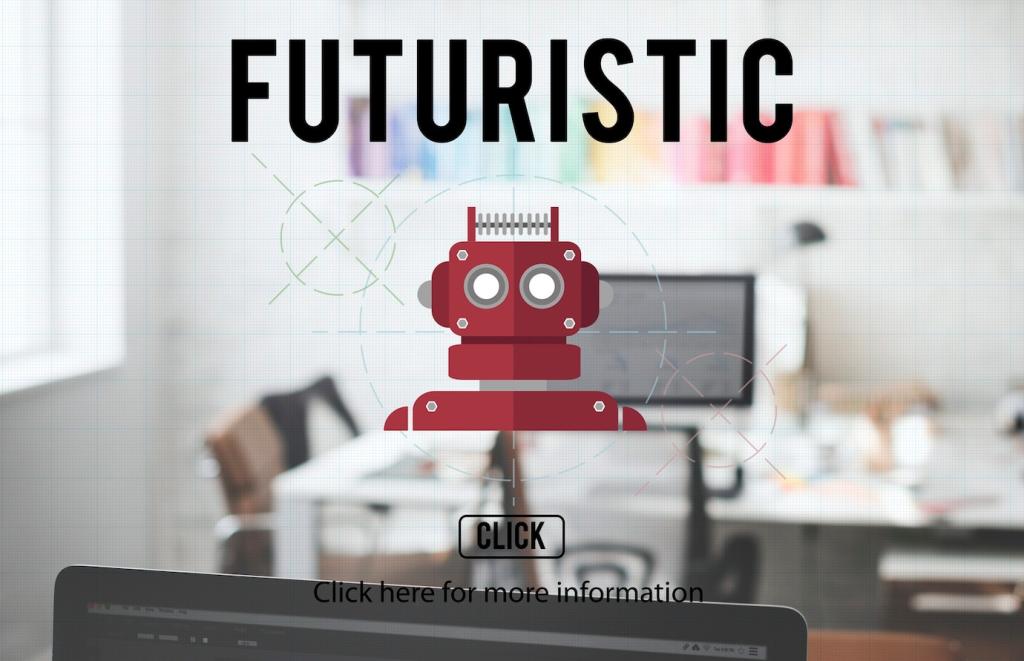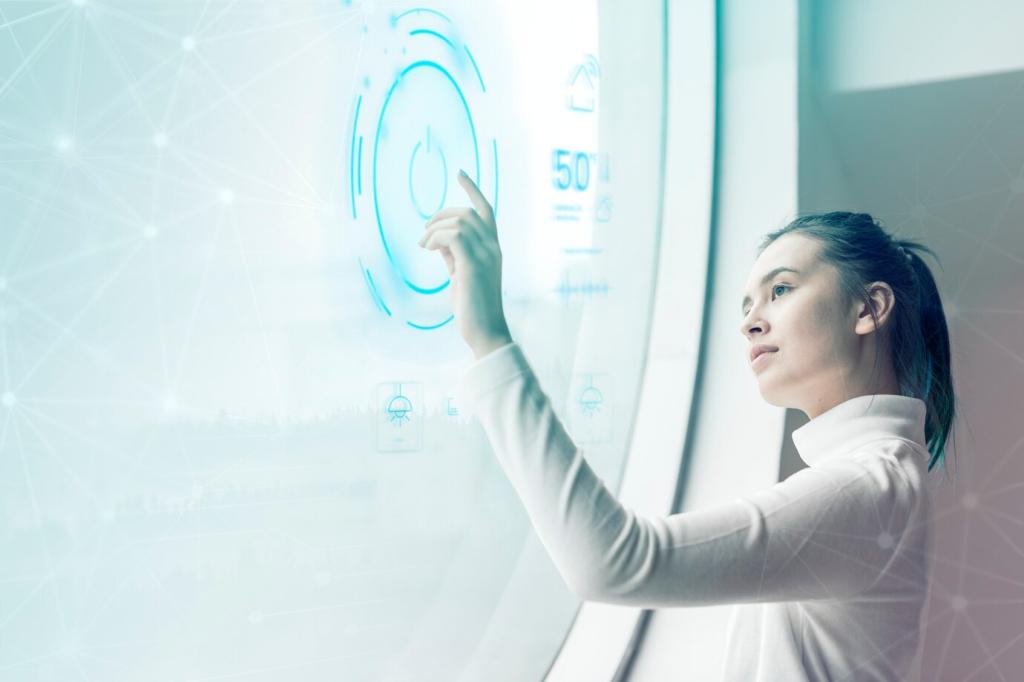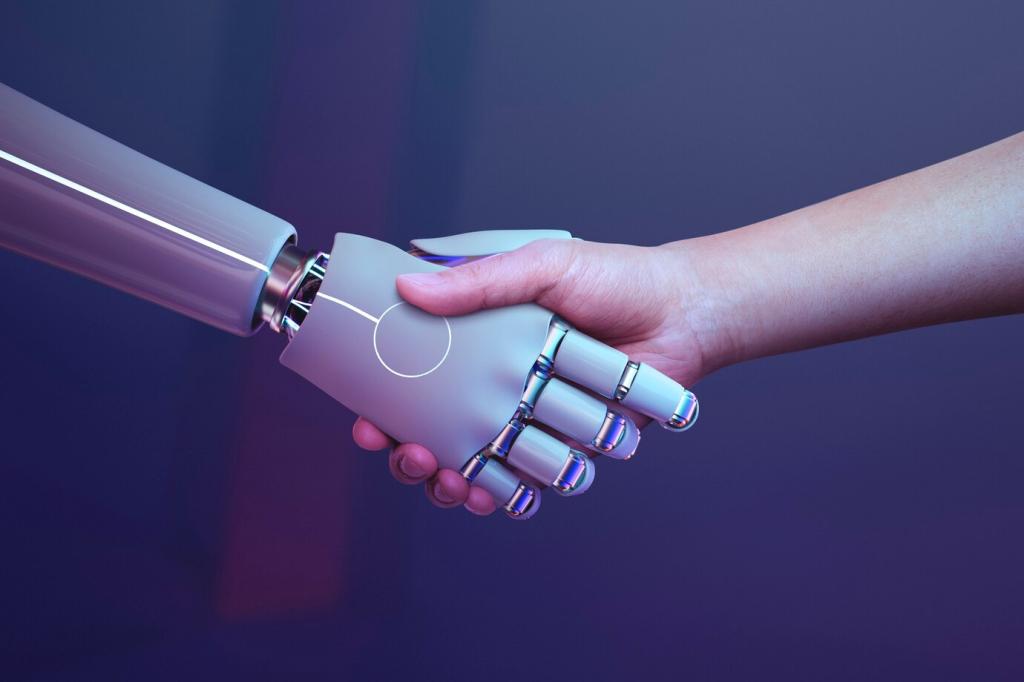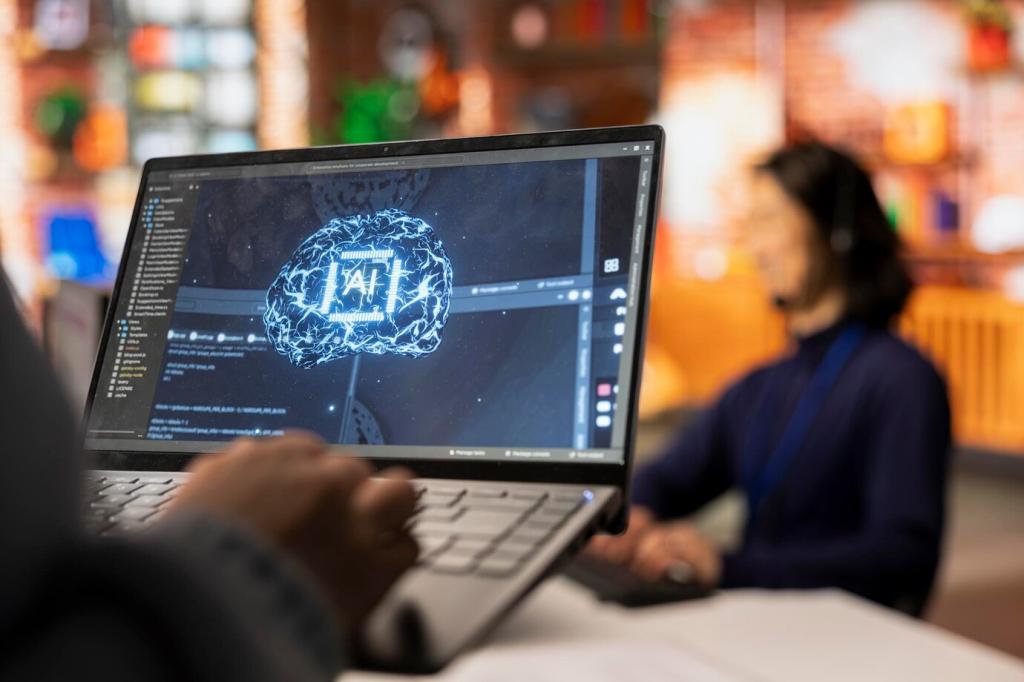Artificial intelligence is rapidly redefining the global employment landscape, influencing nearly every sector and profession. As businesses increasingly integrate AI-driven technologies, the nature of work is evolving, creating new job opportunities while transforming or automating existing roles. This profound shift presents both challenges and possibilities for workers, employers, and educators, requiring a thoughtful approach to harness AI’s potential for economic growth and personal fulfillment. Understanding the driving forces behind AI’s impact on job markets is essential for preparing for a future where human ingenuity and machine intelligence work hand in hand.

Automation and Job Evolution
AI-powered automation is fundamentally reshaping traditional job roles by taking over tasks that are repetitive, dangerous, or highly structured. For assembly line workers, cashiers, or data entry clerks, automation promises greater efficiency but also necessitates reimagining their contributions. Instead of eliminating the need for human workers outright, automation often evolves these roles into positions requiring oversight, troubleshooting, and optimization of AI systems. Workers must develop new competencies, such as critical thinking and familiarity with digital tools, while employers are investing in upskilling programs to bridge emerging gaps. As some positions become obsolete, others arise—often requiring higher-order technical or interpersonal abilities.

Changing Employer Expectations
As AI becomes integral to business operations, employers are redefining their expectations of employees. Technical literacy is no longer an option but a necessity, and adaptability is now among the most valuable attributes in a candidate. Decision-making, creativity, and emotional intelligence are gaining prominence as skills that complement AI’s capabilities. Employers seek professionals who can collaborate with AI, harnessing its analytical power while applying human judgment. This shift in expectations influences recruitment, onboarding, and employee development practices, steering businesses toward building increasingly agile, resilient teams.

Impact on Work Environments
AI-driven changes are influencing more than just the tasks that employees perform—they also reshape the work environment itself. Flexible and remote work models are flourishing as AI-powered tools facilitate communication, project management, and data analysis regardless of location. Office spaces are evolving into centers for creativity and complex problem-solving, while routine administrative work is managed by intelligent systems. This evolution in the workplace is fostering new forms of collaboration, affecting workplace culture, and prompting organizations to rethink how they support and engage their workforce.
Creation of New Career Pathways
Rise of AI-Centric Professions
AI’s influence has created a surge in demand for professionals specializing in its development, implementation, and maintenance. Data scientists, machine learning engineers, AI ethicists, and neural network architects have become vital contributors to technology-driven companies. Additionally, hybrid roles blending domain knowledge with AI skills—such as healthcare data analysts or fintech machine learning specialists—are becoming increasingly common. These new professions offer high earning potential and job security, but they also require rigorous technical training and a commitment to continuous learning as the field evolves rapidly.
Interdisciplinary Job Opportunities
The influence of AI spans far beyond traditional technology sectors, leading to the creation of interdisciplinary career paths. Professionals with backgrounds in psychology, linguistics, art, law, and ethics are now crucial for ensuring that AI systems are user-friendly, ethical, and aligned with societal norms. For example, conversational AI designers blend expertise in linguistics and programming, while legal professionals focus on privacy and the ethical deployment of AI. This convergence of disciplines encourages creative problem-solving and fosters workplaces where diverse talents contribute to AI’s responsible integration.
Entrepreneurship and Startups
AI is fueling a new wave of entrepreneurship, enabling innovative startups to disrupt traditional markets and invent entirely new niches. Entrepreneurs are leveraging AI to solve complex problems, optimize business processes, and deliver personalized products or services. From AI-driven health monitoring apps to intelligent supply chain platforms, the possibilities are vast. While entering this competitive arena demands business acumen and technical know-how, it also offers the opportunity to shape the future of work and create new job opportunities for others, reinforcing the importance of agility and vision in the age of AI.


The Growing Skills Gap
As AI automates more tasks, the gap between existing skills and those required for emerging roles is widening. Traditional education systems may struggle to keep curricula current, exacerbating mismatches between graduate capabilities and employer needs. Both technical skills, such as programming and data analysis, and “soft” skills, like communication and creative thinking, are in high demand. Bridging the skills gap requires proactive engagement from all stakeholders—students, educators, and employers—who must collaborate to identify market trends and develop responsive training programs.

Reskilling the Workforce
The necessity of reskilling has become a defining feature of the modern job market. Workers displaced by automation or facing obsolete roles must be given access to effective, targeted training that prepares them for high-potential careers. Governments, companies, and online education providers are expanding access to flexible, modular learning pathways designed to fit around employment. Successful reskilling strategies focus not only on transferring technical knowledge but also on building adaptive mindsets, ensuring that participants are prepared to thrive amid continual technological change.
